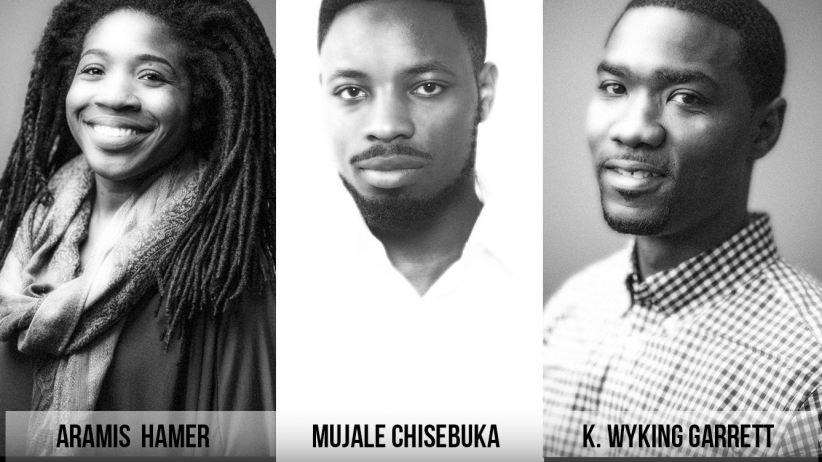
This Group Mentors African American Entrepreneurs in Seattle
How did Black Dot get started?
K. Wyking Garrett: We grew out of Seattle’s Africatown Community Development Initiative and Hack the Central District Startup Weekend. We asked, “How does the African-American community reinvent itself in the face of displacement with gentrification?” After the startup weekend, aspiring entrepreneurs really wanted to continue building their ventures, and they needed consistent community, access to resources, networking and a space.
Why was the Central District an important location to you?
Garrett: Twenty-third and Union has been an epicenter of the African-American neighborhood. My grandfather was a cofounder of one of the first black banks west of the Mississippi, and it was right there on that commercial strip. It’s also ground zero for a lot of new development, which has been displacing historic African-American small businesses. We’re on one of the last large full-block tracts of undeveloped land, so we’re part of efforts to acquire, purchase and redevelop that block in a way that is inclusive of our community.
Mujale Chisebuka: We decided to operate Black Dot on a membership model because it makes everyone feel even more involved. When you come into a place and you’re a member and you’re paying a fee, it gives you that feeling of ownership.
And your members are far more than just tech startups.
Aramis Hamer: I’m really proud that we give artists opportunities. We’ll help them get business cards, establish an appropriate artist statement. We hold events for writers — we had one called Writers Unblocked and had quite a few self-published authors come and speak to members about how to publish their books.
You’ve been up since November. Any success stories so far?
Garrett: The Seattle Filmmakers of the African Diaspora collective formed through Black Dot — it’s a network of film professionals that have come together and are now working on a number of projects, hiring each other for different jobs. Another is a black urban farmers collective, which secured a plot of land in downtown Seattle to create an urban farm and food enterprise. So it’s not even just individual entrepreneurs but the connection and creation of communities within the community.
This story appears in the 2016 issue of Entrepreneur.
SOURCE


Sorry, the comment form is closed at this time.